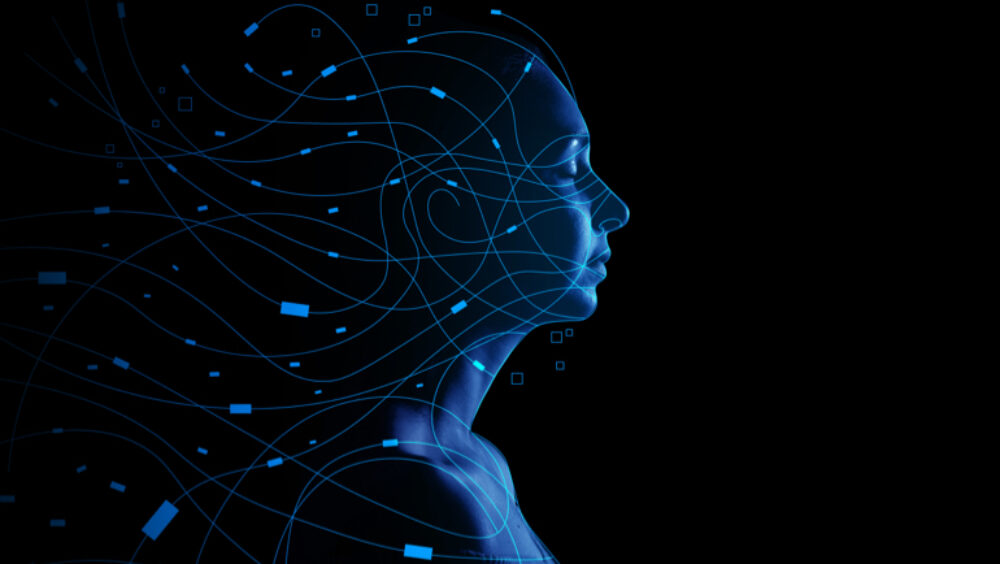Clinical Data Science Research

In the Clinical Data Science division we build privacy-preserving clinical data infrastructures, learn artificial intelligence algorithms from data to predict cancer outcomes and build AI-based decision support systems for better cancer care. We perform this research with the aim to provide decision support systems for individualized radiotherapy and to use AI for automation of routine radiotherapy processes.
Vision and ambitions
Our mission is to get better cancer outcomes with artificial intelligence
A learning health care system in which data, human and artificial intelligence are used to learn from every patient and improve cancer care continuously.
Our ambition is to learn from all data from all patients and use this for trustworthy and relevant artificial intelligence.
Research Themes
We perform research, develop and implement federated FAIR data (Findable, Accessible, Interoperable and Reusable) infrastructures. Federated data infrastructures mean that we focus on keeping the data at the source. Making health data available for learning in a federated FAIR manner, is one of our scientific strengths.
We use artificial intelligence methods to learn from health and health related data. We apply a wide variety of machine and deep learning algorithms. We use AI for two main goals:
- Improve efficiency and/or quality of health care
- Support decisions to improve future health
We introduce artificial intelligence applications to improve health of citizens and patients and improve health care. Depending on the applications this can take many forms. Making sure AIs are well understood by skilled and non-skilled users and are safe to use are important research topics in our group. We often work closely with companies as AI applications are medical devices which need to be developed by professional providers and certified before they can be used.






